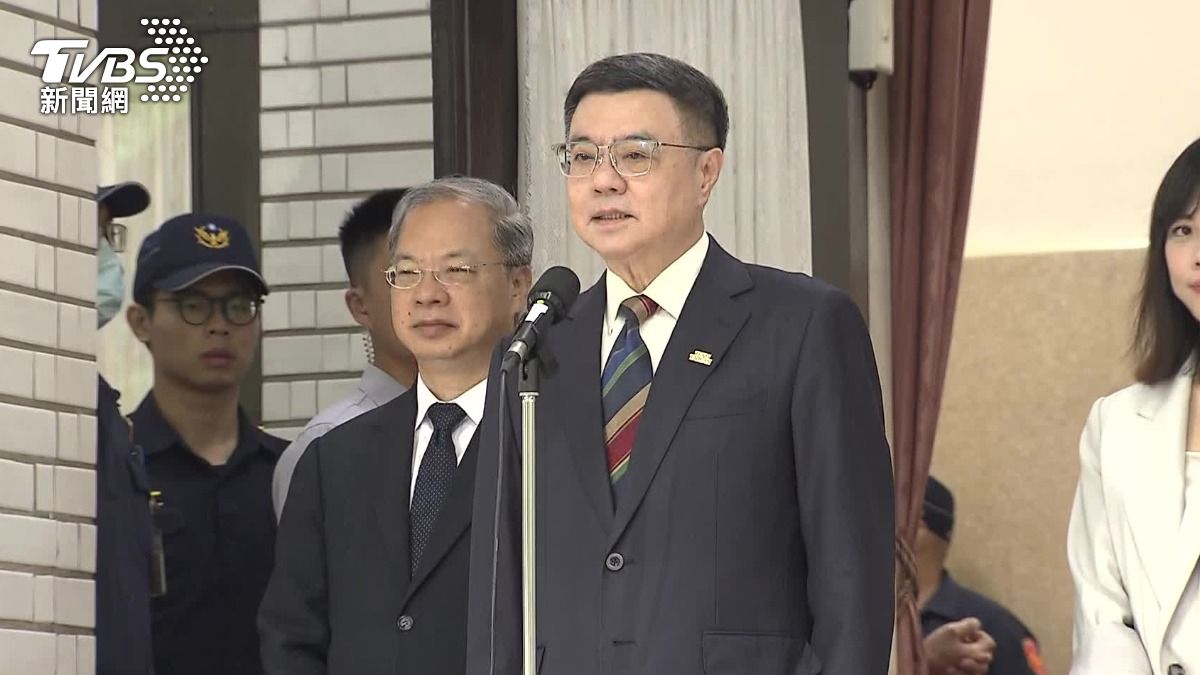TAIPEI (TVBS News) — Premier Cho Jung-tai (卓榮泰) on Tuesday (Oct. 29) emphasized the significant improvement in northern Taiwan's power supply once the third and fourth liquified natural gas (LNG) terminals are completed.
Cho addressed the Legislative Yuan earlier that day, presenting a report on energy distribution and electricity pricing policies. He noted that the operation of the gas units at the Datan and Hsieh-ho power plants will gradually boost power generation, benefiting the northern and northeastern grids.
During the session, Democratic Progressive Party (DPP, 民進黨) Legislator Chiu Yi-ying (邱議瑩) highlighted Taiwan Power Company's energy distribution report released on Oct. 22, which showed an increase in solar and wind energy shares but a lack of nuclear power due to the maintenance of the No. 2 reactor at the Maanshan Nuclear Power Plant.
Chiu pointed out that by 2025, northeastern Taiwan's power demand is expected to reach 6 million kilowatts, while only 1.3 million kilowatts will be generated by the Hualien Hoping Power Plant, leaving a 4.7 million kilowatt shortfall.
Cho responded that the Datan Power Plant will generate power smoothly after the third terminal is completed, and the Hsieh-ho Power Plant's gas units will start once the fourth terminal's environmental assessment is finished.
Chiu suggested relocating semiconductor and AI industries to southern Taiwan if new power plants cannot be built in the north to alleviate the pressure of transmitting electricity from south to north.
Minister of Economic Affairs J.W. Kuo (郭智輝) remarked that South Korea's reliance on nuclear power, which constitutes 30% of its energy, has led to seven industrial electricity price hikes since 2022, indicating that nuclear energy is not cheap.
Kuo stressed that future wind turbines will not require full localization, as technological advancements will improve quality, and promoting localization aims to enhance global competitiveness.



